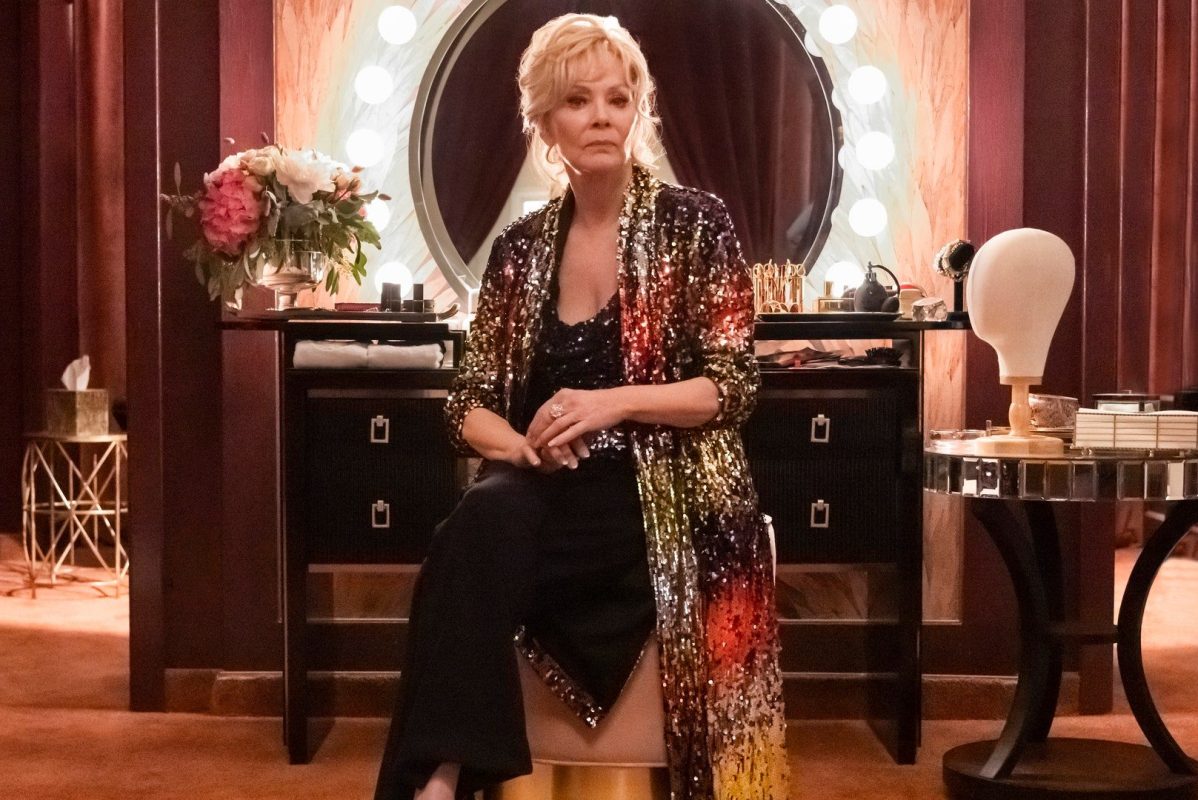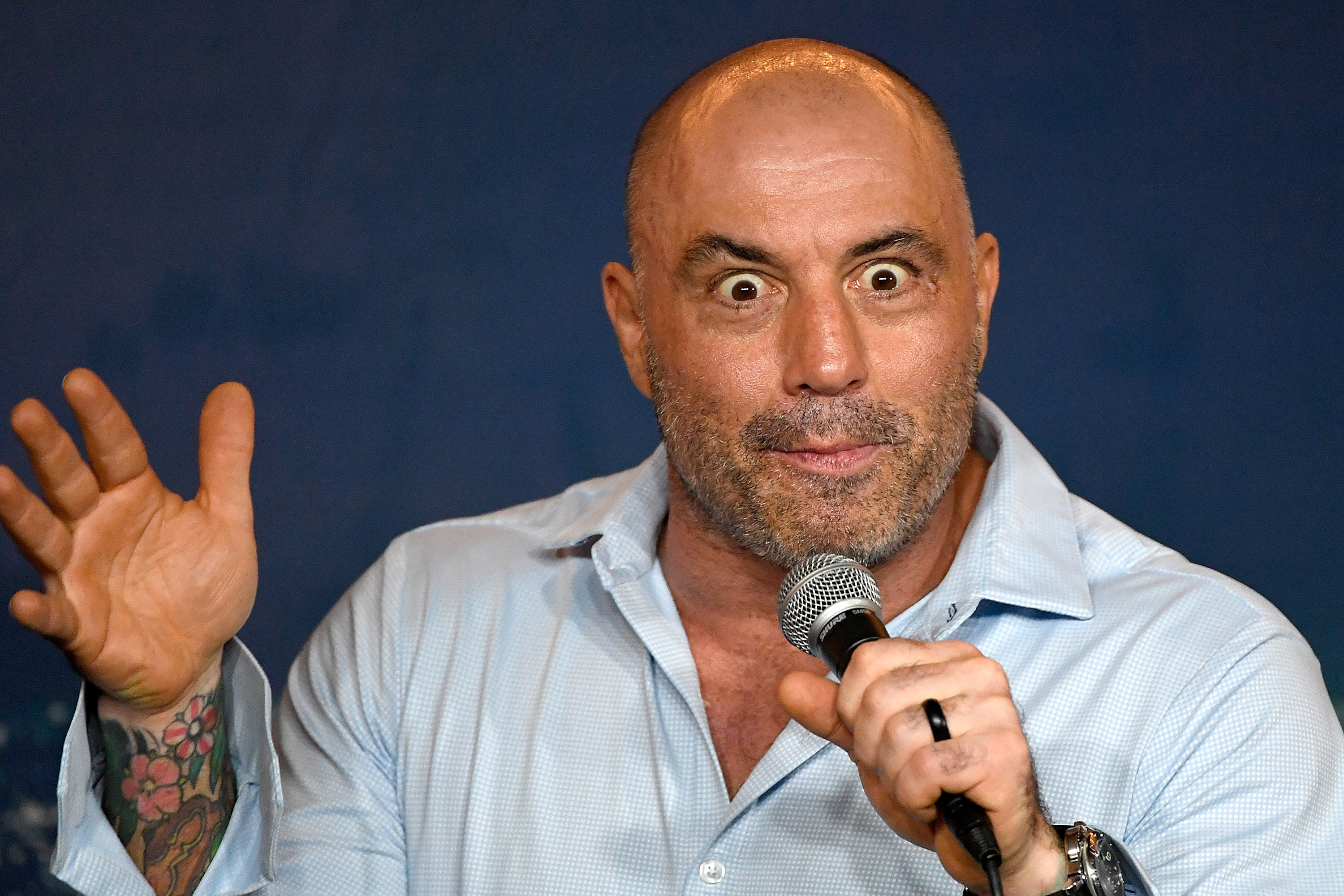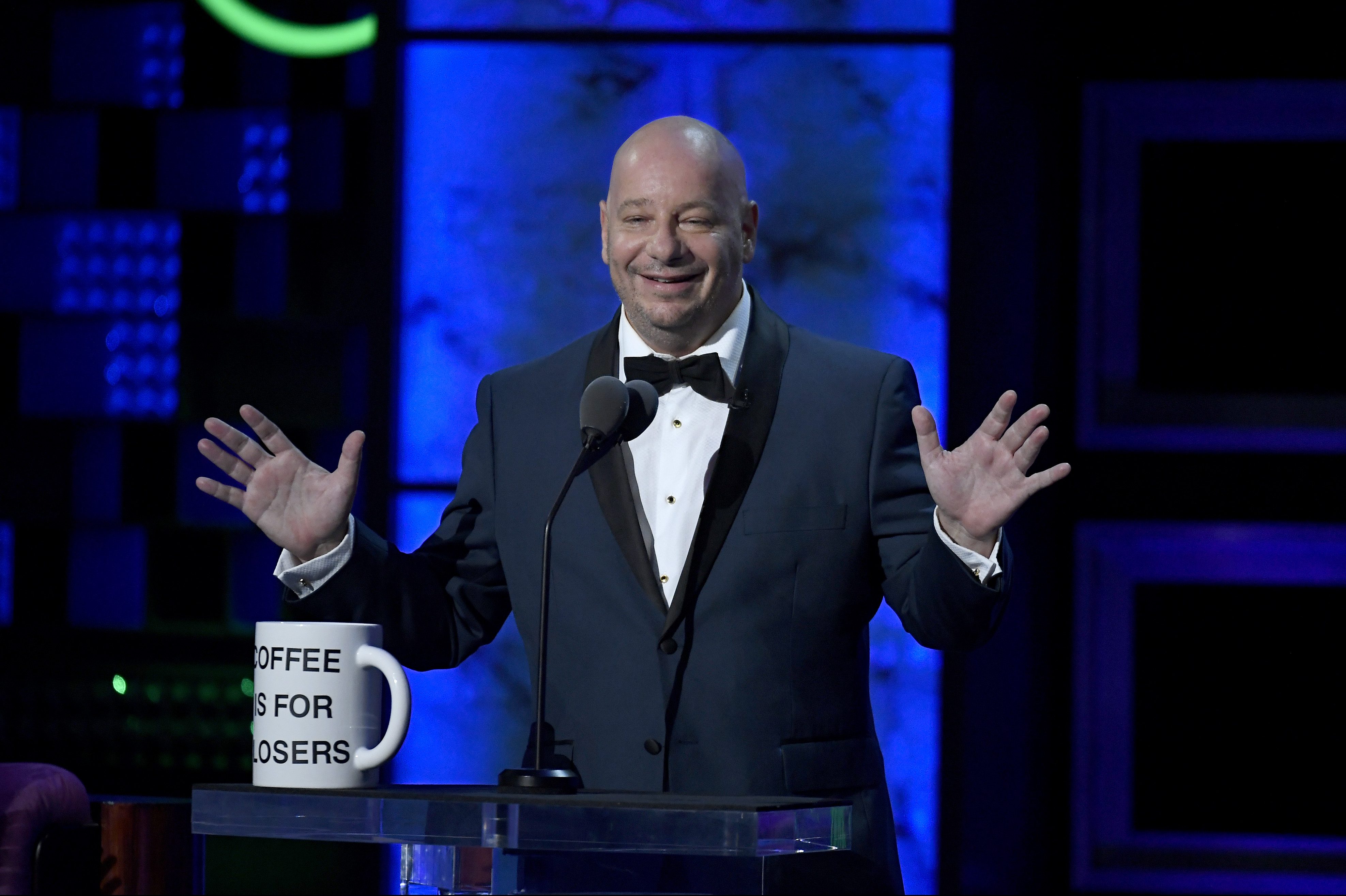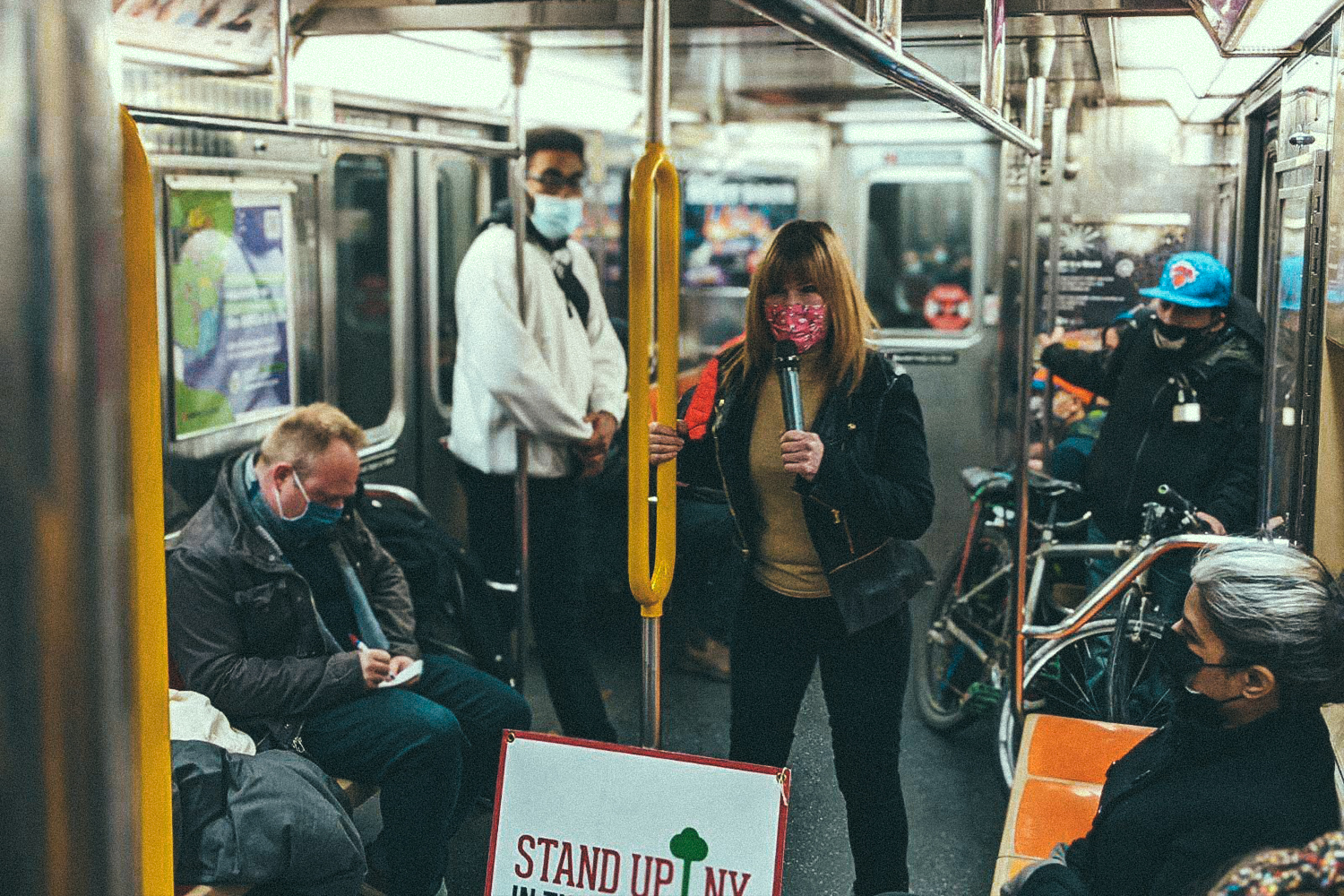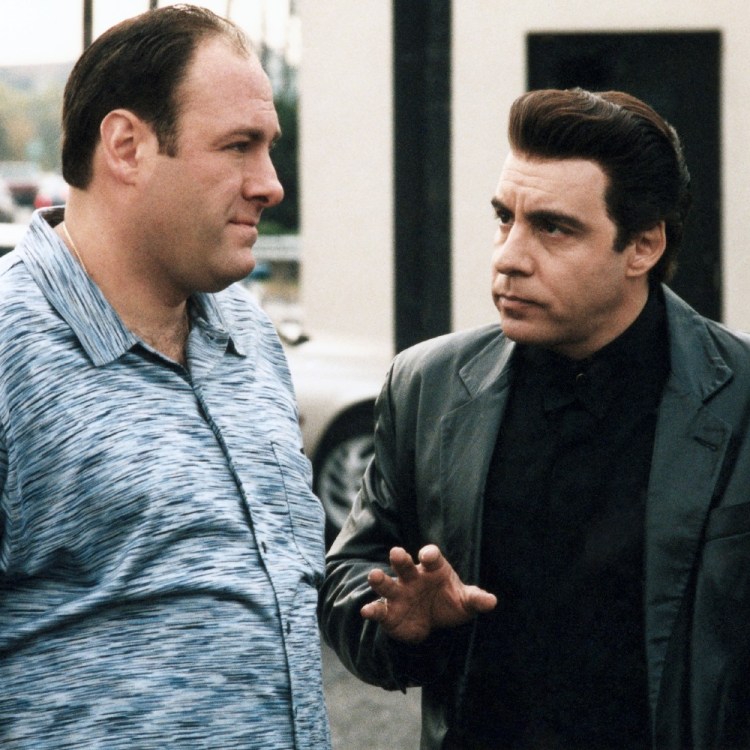Note: This post contains minor spoilers for HBO’s Hacks.
At first glance, HBO Max’s Hacks — which just wrapped up its first season yesterday and was swiftly picked up for a second one earlier this week — is a classic odd-couple story. Deborah Vance, a veteran Joan Rivers-style stand-up comic who isn’t above hawking handbags on QVC or making an appearance at the grand opening of a pizza place, is in search of some fresh material after losing her long-running Las Vegas residency. Ava, a bisexual 25-year-old comedy writer who got fired from her TV gig for an offensive tweet about a closeted conservative politician, is in need of a job. They’re paired together by the agent they share, and cross-generational hijinks ensue.
It’s highly entertaining to watch Deborah (played by the excellent Jean Smart, who’s currently enjoying a late-career renaissance thanks to equally great turns on Fargo, Watchmen and Mare of Easttown) butt heads with Ava (portrayed by stand-up comedian Hannah Einbinder in her first TV role) in the early episodes. She’s content to play it safe, rely on the same self-deprecating act she’s been doing for decades and keep cashing her massive checks, while the more experimental, overconfident Ava tries to convince her that some jokes don’t need punchlines. (“The traditional joke structure is very male,” she insists at one point.) But about midway through the series, there’s a shift, and the pair find some common ground after we learn more of Deborah’s backstory. It turns out that despite poking fun at herself onstage for years for setting her ex-husband’s house on fire — a scandal that cost her a chance to be the first female late-night talk show host — the inferno was actually nothing more than a dryer fire that was spun into an awful rumor.
After an incredulous Ava asks why she never said anything, she responds with a harrowing reminder of what it was like to be a woman in show business (or a woman anywhere, really) not so long ago: “Well, I did say something to everyone back then,” she says. “But Frank blamed me, and they all believed him, you know? He was jealous. He hated that I was gonna have a late night show, so he just blew everything up. He made me the crazy woman who burned down the house.” Eventually, she explains, “I realized that people would rather laugh at me than believe me.” She wasn’t “canceled” the same way Ava was, but her fate is almost more unbearable: in order to become successful, she had to make herself the joke.
That’s the tip of the iceberg, as it turns out, when it comes to the indignities she’s had to endure as a woman in a historically male-dominated industry; the more her walls come down and her stories come out, Ava warms to her, and it becomes clear to her and to the audience that underneath Deborah’s cynical, tough-broad exterior is an ambitious-yet-caring woman who has some regrets about the way her lack of work-life balance impacted her recovering addict daughter (played by It’s Always Sunny in Philadelphia’s Kaitlin Olson, who deserves an Emmy for the way she dances between big comedy and quiet pathos in the role). The young comedy writer — who, surprise surprise, has plenty of demons of her own — convinces her to tell finally her truth, and the second half of the season plays off of the classic “let’s put on a show” trope as Ava and Deborah team up to put together a set that’s more poignant and thought-provoking than punchline-heavy (a la Hannah Gadsby’s Nanette) about all the experiences she’s kept quiet for decades.
And then …we never see it. For all of the ways in which the experiences of these two women in entertainment, one jaded and the other full of youthful arrogance, inform the show, it’s about so much more than the age-old plight of “women in comedy.” Throughout the entire series, Hacks is more concerned with why Deborah has to tell the jokes she tells and what’s going on in her life after she steps offstage than what those jokes actually are. Sure, we see her head back to a club she used to perform at early in her career in the ’70s and casually recall — much to Ava’s horror — that the owner used to try to grope all of the female comics as they walked onstage. We watch her dress down the bro-y MC who introduces her by objectifying her (“She’s got a great set, and I hear she’s going to tell some jokes, too,” he smirks) and offer him $1.69 million to walk away from his own comedy career, a deal he sheepishly takes, but even then we don’t dwell on her actual material.
Instead, Hacks focuses on the moments after the jokes are already told — the fading smiles, the pained glances, the complex relationship between an older woman who’s had to scratch and claw for everything she has and a younger one who grew up believing it shouldn’t have to be that way who’s slowly coming to the sickening realization that in many ways, it still is. Their story is set in the comedy world, but they could have just as easily been broadcast journalists or dog-walkers or insurance saleswomen. Any woman who has ever attempted to carve out a career for herself in any field can relate, and one has to wonder how much Smart and Einbinder are drawing from their own lives in some of the show’s more devastating moments. (Smart’s real-life husband of 34 years, Richard Gilliand, died unexpectedly this March, shortly before she was to film a pivotal funeral scene. Einbinder, meanwhile, is the daughter of original Saturday Night Live cast member Laraine Newman, and she has described that time of her mother’s life — which was plagued by addiction and an eating disorder — as “a spooky legend that’s always lurked around.”)
Times have changed a bit since Deborah Vance’s heyday, but ultimately, it still feels like a minor miracle that a show centered around a 69-year-old woman — and a deeply complicated, three-dimensional one at that who still sleeps around and drinks too much and would rather die than retire — even exists. At times, Deborah’s laugh-out-loud hilarious, and in other moments, she’ll make you cry, but she’s always allowed to be so much more than the Devil Wears Prada-style “difficult” boss we expect her to be at the beginning. It’s the kind of role that simply wasn’t available in Smart’s Designing Women days, and it’s obvious in every single scene that she’s absolutely relishing the opportunity to remind us what she’s been capable of this entire time. We’ll have to wait until season two to find out whether her character gets to do the same.
All 10 episodes of Hacks season 1 are now streaming on HBO Max.
This article appeared in an InsideHook newsletter. Sign up for free to get more on travel, wellness, style, drinking, and culture.
